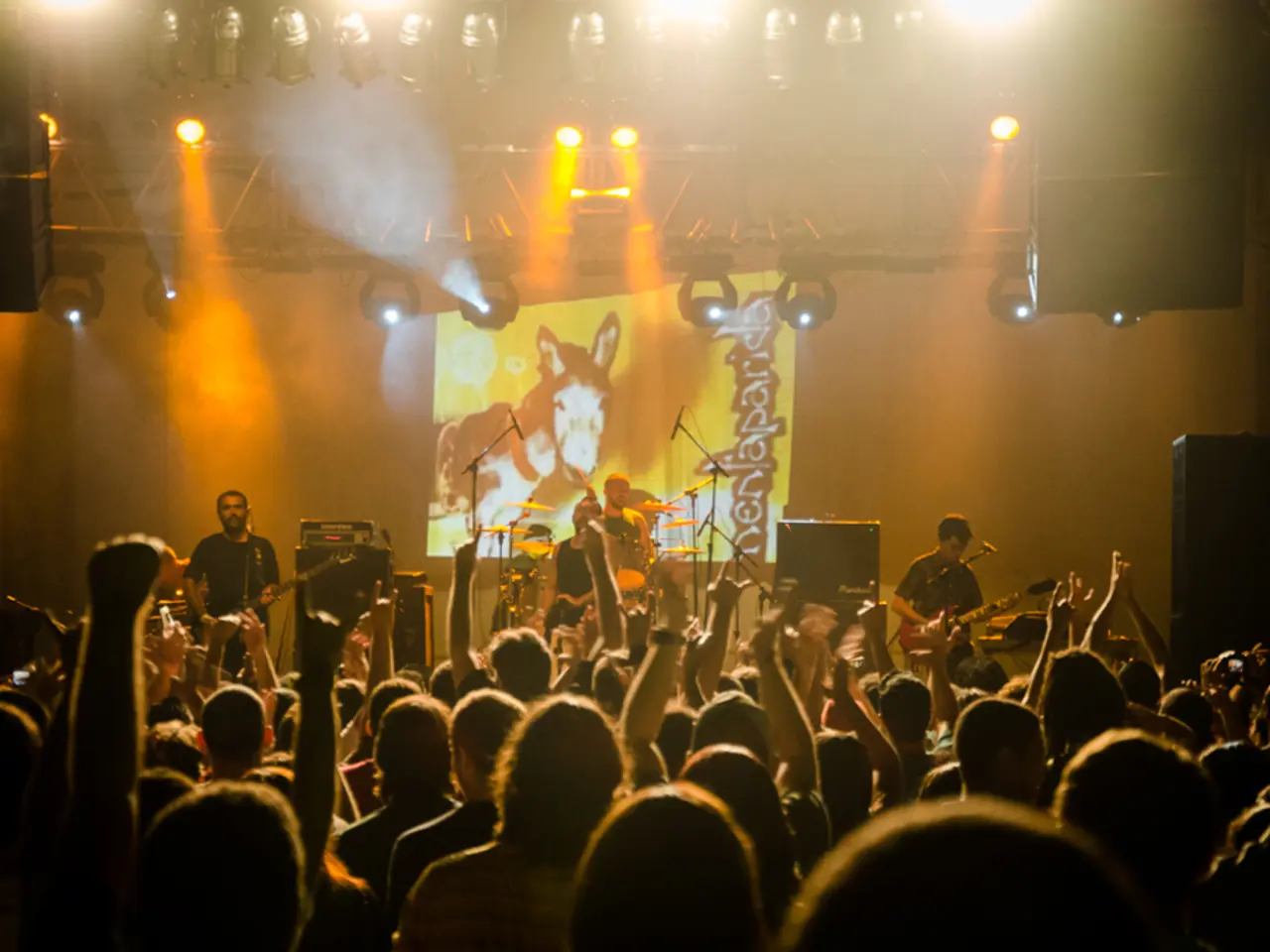Instrument playing could potentially counteract cognitive decline in aged individuals
In a groundbreaking study published in PLOS Biology, researchers from the Chinese Academy of Sciences and the Baycrest Academy for Research and Education in Canada have discovered that learning and playing a musical instrument can help older adults maintain cognitive functions and combat age-related decline.
The study, which involved 75 participants, including 25 older musicians, 25 older non-musicians, and 24 young non-musicians, used functional magnetic resonance imaging (fMRI) to measure the brain activity of the participants. The participants were asked to identify syllables that were masked by noise sounds, and the researchers analyzed their speech processing, focusing on the neural responses with the auditory dorsal system.
The results showed that older musicians had reduced age-related decline in speech-in-noise processing compared to older non-musicians. Moreover, older musicians displayed more youthful brain activity patterns when processing speech compared to older non-musicians. This finding suggests that musical training helps maintain the integrity and functional architecture of neural networks, rather than merely compensating for their degradation.
Dr Lei Zhang, the lead author of the study, emphasises that a positive lifestyle, including hobbies like learning an instrument, can help older adults cope better with cognitive aging. Dr Yi Du, a co-author of the study, explains that musical experience builds cognitive reserve, helping older musicians' brains avoid the usual age-related overexertion when understanding speech in noisy places.
The study supports the Cognitive Reserve Theory, which posits that the brain develops a resilience or "reserve" through life experiences, education, training, and intellectual engagement. This reserve enables the brain to cope with or compensate for age-related brain changes or pathology, thus maintaining higher-than-expected cognitive performance despite neural decline or damage.
Previous studies have found that auditory perception can begin declining as early as 30 years old, and by 80 years old, 70% of subjects have measurable hearing loss. However, the current study shows that musical training can help mitigate these declines, particularly in speech-in-noise perception.
The researchers believe that further research into different cognitive tasks, such as memory and attention, could help develop interventions for aging populations to help preserve cognitive function. Engaging in musical instrument learning is a powerful way to enhance cognitive reserve, promoting brain resilience and healthier cognitive aging.
References: [1] Zhang, L., Du, Y., Li, H., et al. (2022). Musical training preserves auditory-motor network connectivity in aging. PLOS Biology, 20(1), e3001324. [2] Sala, M. V., Gobet, F., & Akhtar, R. (2013). Cognitive training and plasticity: the search for enduring effects. Trends in Cognitive Sciences, 17(1), 31-38. [3] Krampe, R. T., & Ericsson, K. A. (1999). The role of deliberate practice in the acquisition of expert performance. Psychological Review, 106(3), 363-406. [4] Stern, Y. (2002). The cognitive neuroscience of practice: the role of attention, working memory, and long-term memory in skill acquisition. Trends in Cognitive Sciences, 6(11), 517-523.
- Encouraged by the findings that musical training helps maintain cognitive functions in older adults, one might consider pursuing health-and-wellness activities, such as learning an instrument, to enhance mental-health and combat age-related declines.
- The Cognitive Reserve Theory suggests that intellectual engagement, like learning a musical instrument, can help build a resilience in the brain, thereby improving its ability to cope with age-related changes, benefiting science and the understanding of health-and-wellness in aging.




